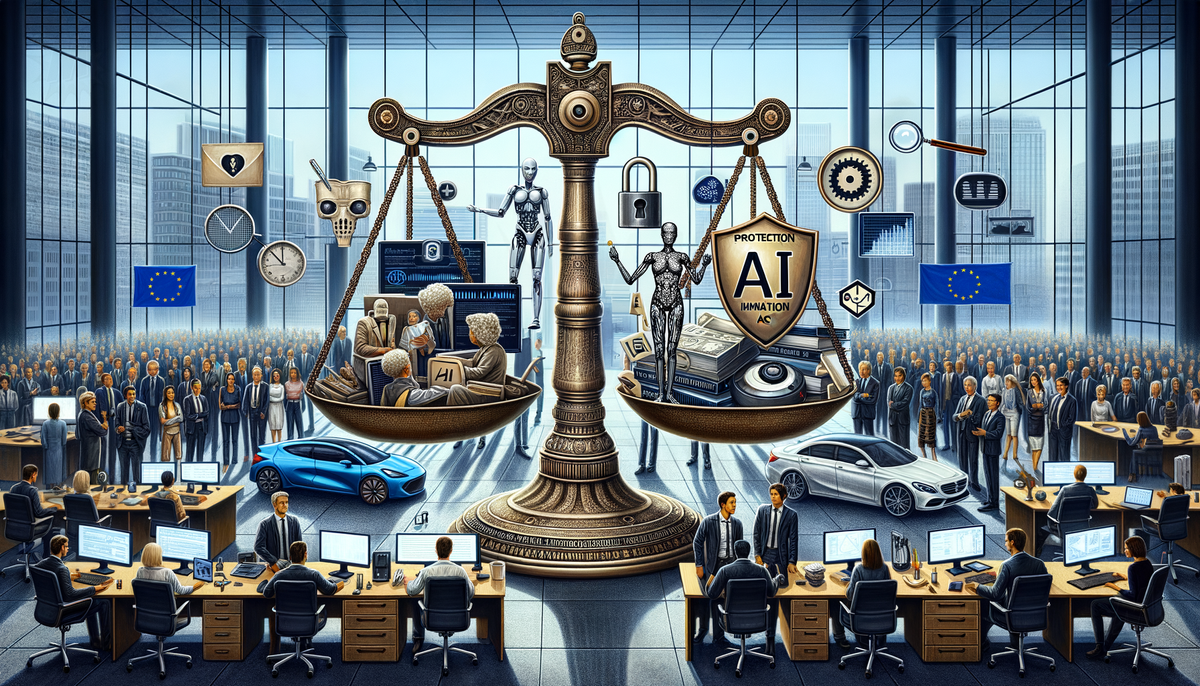EU's Landmark AI Law Now in Effect

The European Union's landmark AI Act, which is the world's first comprehensive legislation to regulate artificial intelligence, officially came into force. This new law aims to drive innovation while ensuring the protection of citizens' rights and fundamental values. Companies are required to comply by 2026, but rules specifically covering AI models like OpenAI's ChatGPT will apply 12 months after the law's entry into force.
The AI Act includes stringent rules on using AI for predictive policing based on profiling and systems that use biometric information to infer an individual's race, religion, or sexual orientation. It also bans certain practices that could threaten citizens’ rights, such as biometric categorization based on sensitive characteristics, indiscriminate collection of facial images for recognition databases, and emotion recognition in workplaces and schools. Companies in violation of these rules could face fines of up to seven percent of their worldwide annual revenue.
The regulation establishes a comprehensive and harmonized framework for AI across the EU, implementing a risk-based approach. High-risk AI systems, such as those used in autonomous vehicles, medical devices, and loan decision systems, will face mandatory risk assessments and detailed documentation requirements. The EU has also established an AI Office composed of tech experts, lawyers, and economists to ensure compliance and enforcement of the new law.




